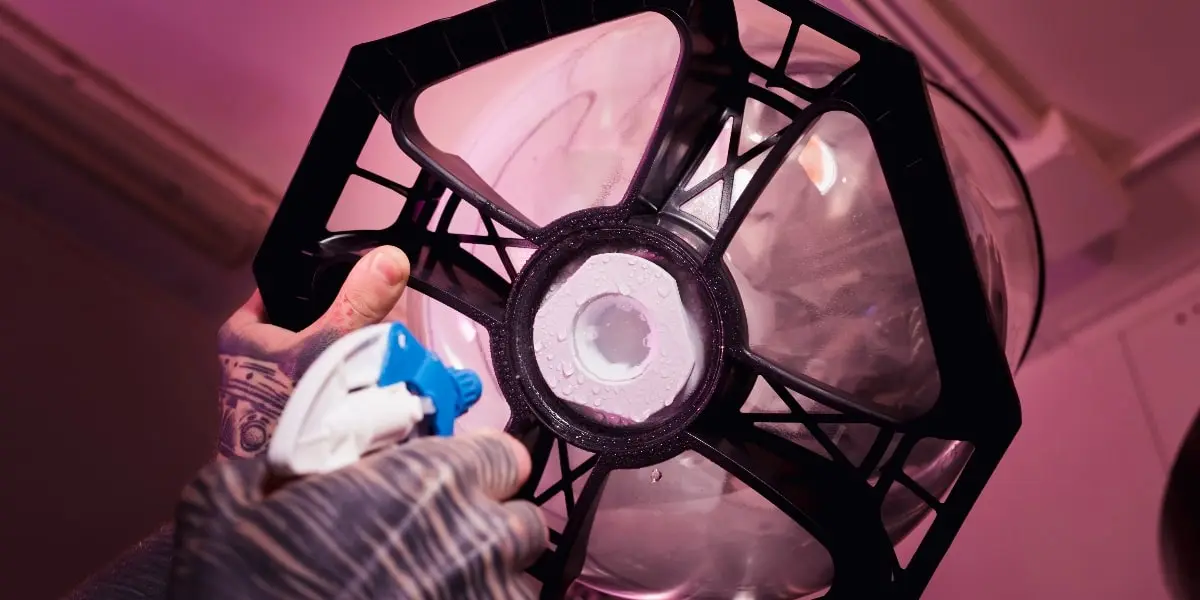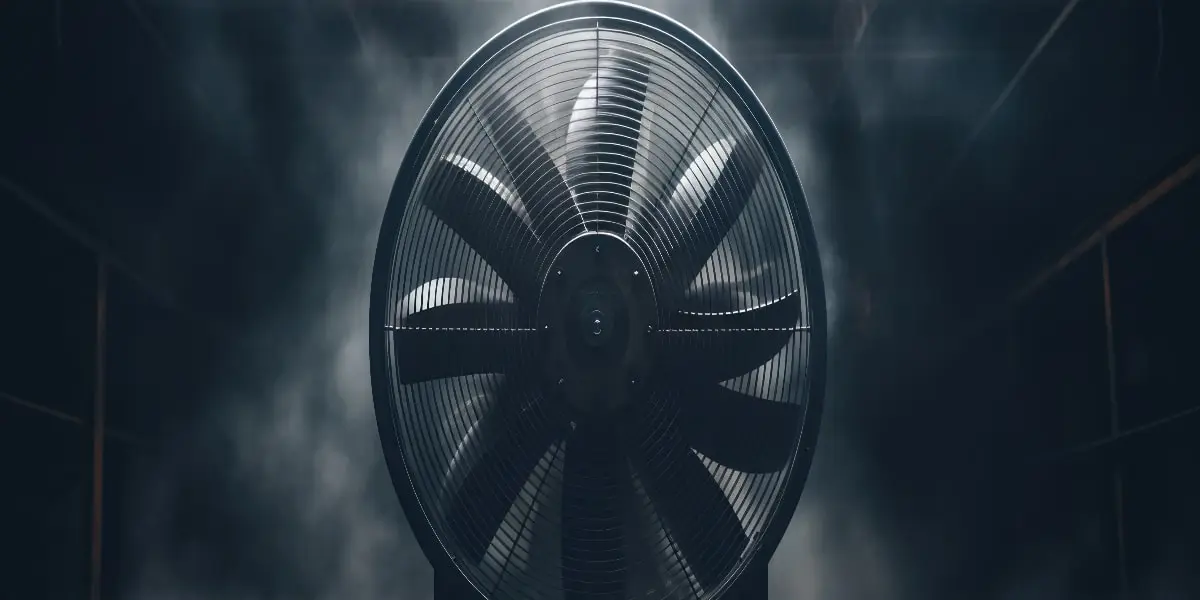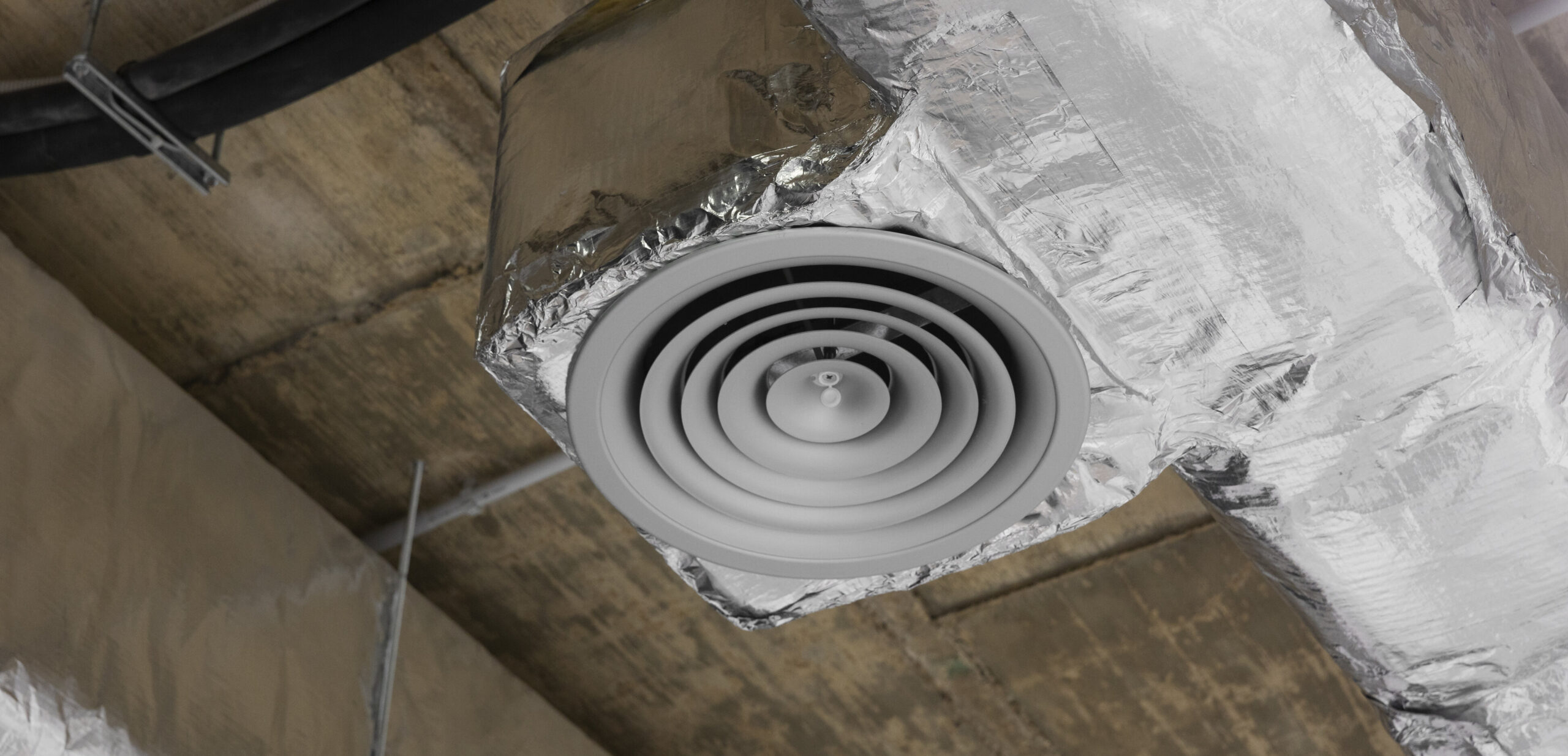
Kitchen Fan and Motor Cleaning: Enhancing Kitchen Safety and Efficiency
In every household, the kitchen is the heart of the home, where delicious meals are prepared and cherished memories are made. However, amidst the hustle and bustle of cooking, we often overlook an essential aspect of kitchen maintenance: cleaning the kitchen fan and motor. Neglecting this crucial task can lead to a buildup of grease, dirt, and grime, posing fire hazards and reducing the efficiency of your kitchen appliances. In this comprehensive guide, we'll explore the importance of kitchen fan and motor cleaning and provide you with practical tips to keep your kitchen safe, clean, and functioning smoothly.
- Importance of Kitchen Fan and Motor Cleaning
- Signs That Your Kitchen Fan and Motor Need Cleaning
- How to Clean Your Kitchen Fan and Motor
- DIY Cleaning Solutions for Kitchen Fan and Motor
- Professional Cleaning Services
- Maintaining Cleanliness After Cleaning
- Benefits of Regular Cleaning
- Extending the Lifespan of Your Kitchen Appliances
- Ensuring Kitchen Safety
- FAQs about Kitchen Fan and Motor Cleaning
Importance of Kitchen Fan and Motor Cleaning
Your kitchen fan and motor play a vital role in maintaining air quality and removing cooking odors and airborne grease particles from your kitchen. Over time, however, these components can become clogged with grease and debris, impairing their functionality. Regular cleaning ensures that your kitchen ventilation system operates efficiently, reducing the risk of indoor air pollution and fire hazards.
Signs That Your Kitchen Fan and Motor Need Cleaning
- Excessive Grease Buildup: If you notice a thick layer of grease coating your kitchen fan and motor, it's a clear indication that they require cleaning.
- Reduced Airflow: A decrease in airflow or unusual noises coming from your kitchen fan suggests that it's time for maintenance.
- Persistent Odors: Lingering cooking odors that are not eliminated even when the fan is running indicate that grease and dirt may be obstructing the ventilation system.
How to Clean Your Kitchen Fan and Motor
Disassemble the Fan
- Turn off the Power: Before starting the cleaning process, ensure that the power supply to the fan is switched off to prevent accidents.
- Remove the Fan Cover: Depending on the type of fan you have, carefully remove the cover or grille using a screwdriver.
- Detach the Fan Blades: Gently unscrew or unclip the fan blades from the motor for thorough cleaning.
Clean the Components
- Soak in Cleaning Solution: Submerge the fan cover, blades, and any removable parts in a mixture of warm water and mild dish soap to loosen grease and dirt.
- Scrub with a Brush: Use a soft-bristled brush or sponge to scrub away stubborn stains and debris from the fan components.
- Rinse and Dry: After cleaning, rinse the parts with clean water and allow them to air dry completely before reassembling.
Reassemble and Test
- Reattach the Components: Once dry, reassemble the fan components in the reverse order of disassembly, ensuring a secure fit.
- Test the Fan: Turn on the power and test the fan to ensure that it operates smoothly and quietly.
DIY Cleaning Solutions for Kitchen Fan and Motor
- Vinegar and Baking Soda: Create a paste using equal parts vinegar and baking soda to effectively remove grease and grime from fan components.
- Lemon Juice: The acidity of lemon juice helps cut through grease, leaving your kitchen fan and motor smelling fresh and clean.
- Dish Soap and Warm Water: A simple solution of dish soap and warm water is sufficient for regular maintenance cleaning.
Professional Cleaning Services
If you're unable to clean your kitchen fan and motor yourself or prefer a professional touch, consider hiring a cleaning service specializing in kitchen appliance maintenance. Professional cleaners have the expertise and equipment to thoroughly clean and sanitize your kitchen ventilation system, ensuring optimal performance and safety.
Maintaining Cleanliness After Cleaning
To prolong the cleanliness of your kitchen fan and motor, incorporate regular maintenance into your cleaning routine. Wipe down the exterior surfaces of the fan regularly and inspect for any signs of buildup or malfunction. Additionally, avoid cooking methods that produce excessive grease and moisture to minimize the accumulation of debris in your kitchen ventilation system.
Benefits of Regular Cleaning
- Improved Air Quality: Clean kitchen fans and motors effectively remove airborne pollutants, improving the overall air quality in your home.
- Energy Efficiency: A clean ventilation system operates more efficiently, reducing energy consumption and lowering utility bills.
- Fire Prevention: Removing grease buildup reduces the risk of kitchen fires, ensuring the safety of your home and family.
Extending the Lifespan of Your Kitchen Appliances
Regular maintenance, including cleaning your kitchen fan and motor, can extend the lifespan of your appliances. By preventing excessive wear and tear caused by dirt and grease buildup, you can avoid costly repairs or premature replacement of your kitchen ventilation system.
Ensuring Kitchen Safety
Maintaining a clean and functional kitchen fan and motor is essential for ensuring the safety of your home. By reducing the risk of grease fires and improving air circulation, you can create a safer cooking environment for you and your loved ones.
FAQs about Kitchen Fan and Motor Cleaning
In conclusion, regular cleaning of your kitchen fan and motor is essential for maintaining a safe and efficient cooking environment. By following the provided tips and incorporating maintenance into your cleaning routine, you can ensure optimal performance and prolong the lifespan of your kitchen appliances while safeguarding your home against potential hazards.



